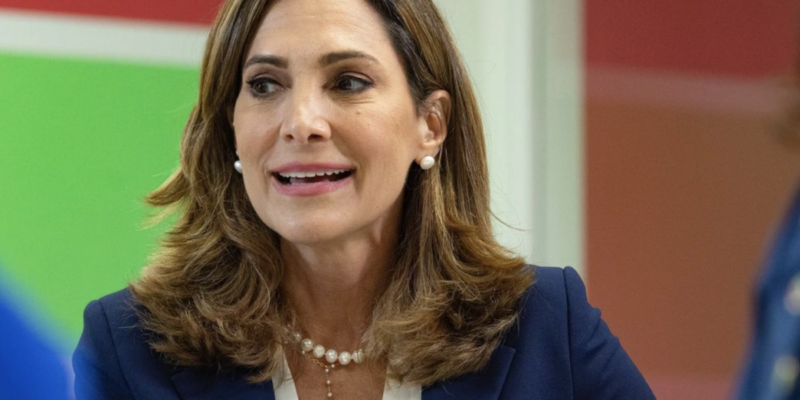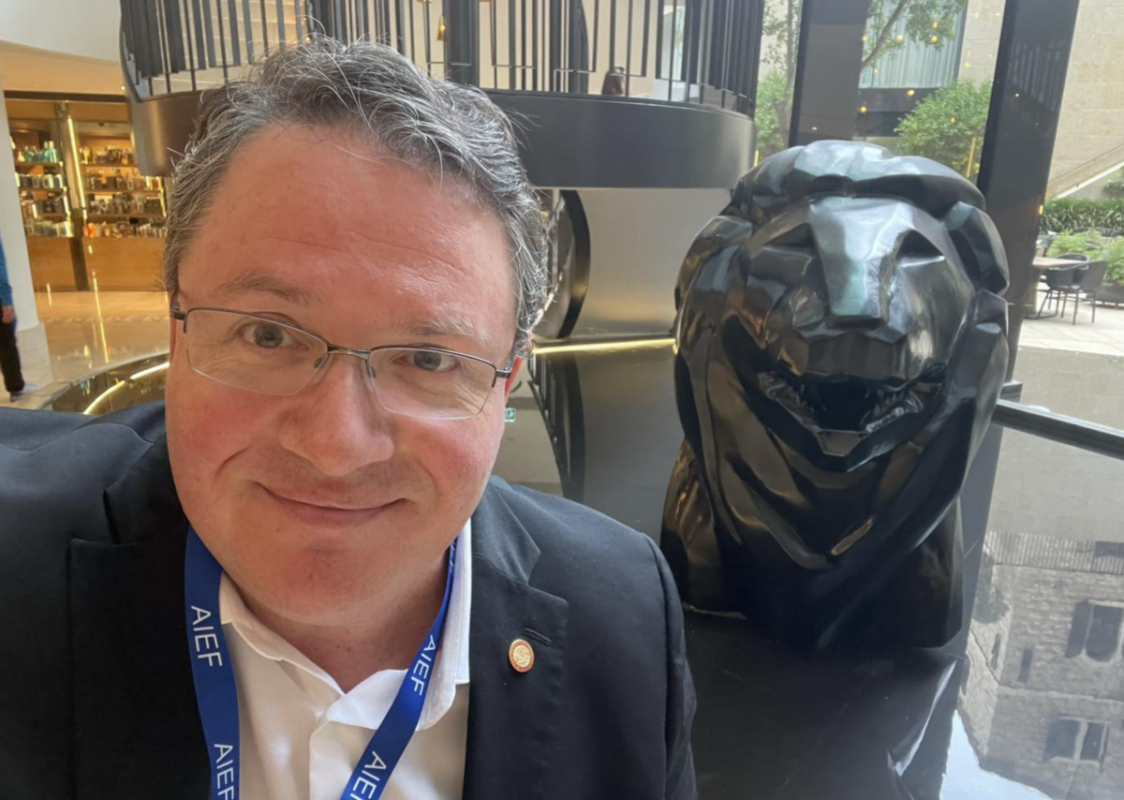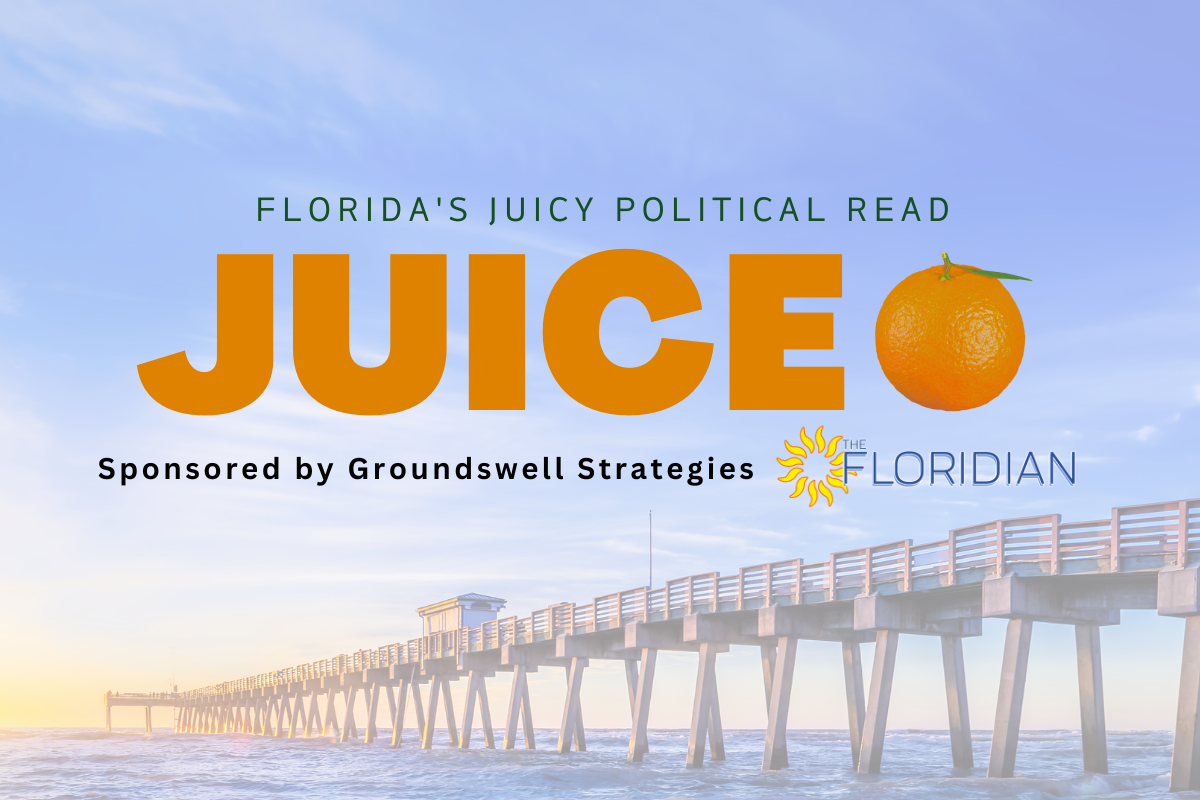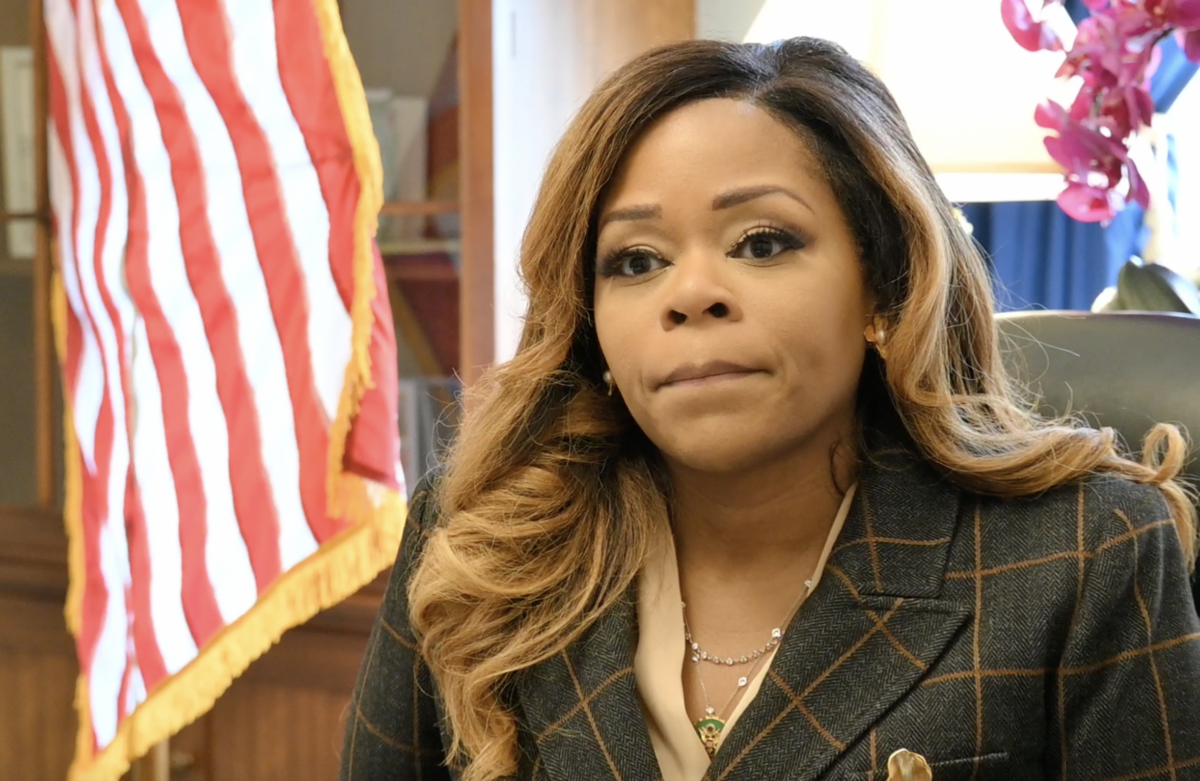Before leaving office, President Donald Trump (R) announced that he would grant Temporary Protected Status for Venezuelan exiles. In using the Deferred Enforced Departure program, it would provide protection for Venezuelans that evading the humanitarian crisis in the country perpetrated by the Maduro regime.
In a memorandum released on Tuesday, Trump commented that “the deteriorative condition within Venezuela, which presents an ongoing national security threat to the safety and well-being of the American people, warrants the deferral of the removal of Venezuelan nationals who are present in the United States.”
In response to the decision, Florida lawmakers are praising the protection offered.
One lawmaker who is championing the decision is freshman Rep. Maria Elvira Salazar (R), who took to social media to comment that “we have a fundamental obligation to provide safe-haven for those fleeing tyranny and oppression.”
“This act of solidarity provides our Venezuelan exile community with much-needed assurance during these unprecedented times,” she added.
We have a fundamental obligation to provide safe-haven for those fleeing tyranny and oppression.
This act of solidarity provides our Venezuelan exile community with much-needed assurance during these unprecedented times 🇻🇪🇺🇸https://t.co/QJrtK0WeTv
— Rep. María Elvira Salazar (@RepMariaSalazar) January 20, 2021
With the newly inaugurated Biden administration, Republican lawmakers are now questioning where Biden will stand concerning the United States’ relationship to Venezuela. The administration has signaled that it does not acknowledge Juan Guaido as the President of Venezuela, and this conflicts with many lawmakers on both sides of the aisle that do recognize him as the President.
Jake Sullivan, Biden’s senior foreign policy advisor, commented late last year that “the Vice President fundamentally believes that the United States should be operating in mutual respect and a sense of shared responsibility.”
With the Biden administration noting that it hopes to reignite a working relationship with both Cuba and Venezuela, Americans are now questioning the position that the U.S. will take regarding the human rights violations that both countries are guilty of.











